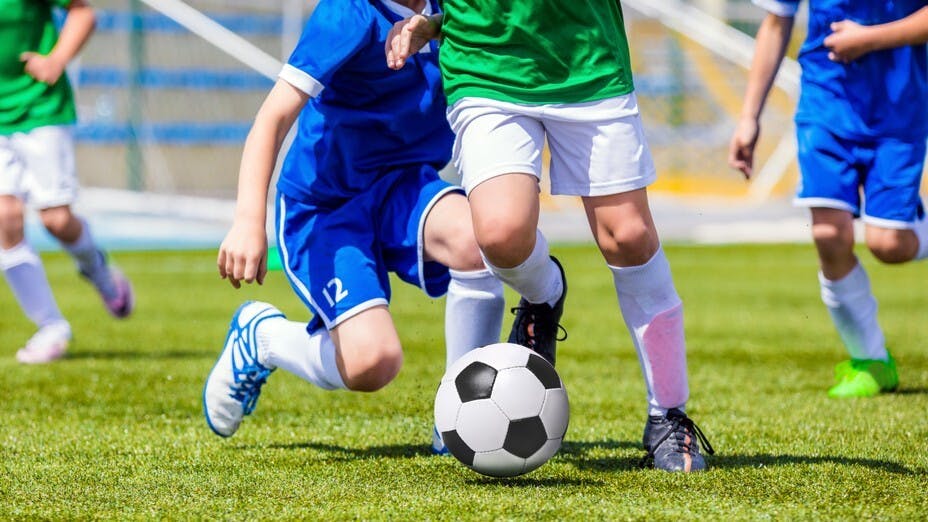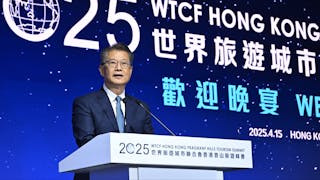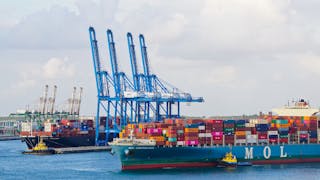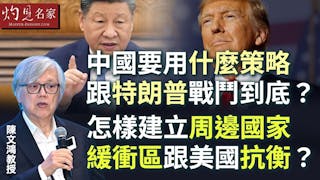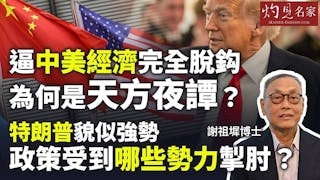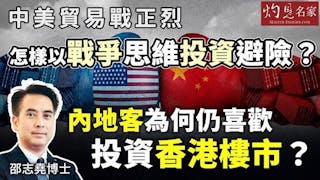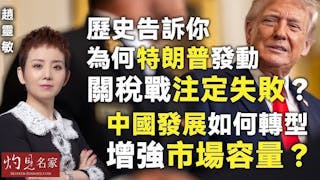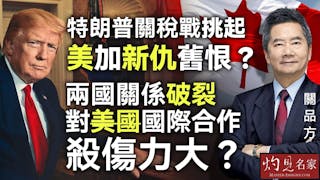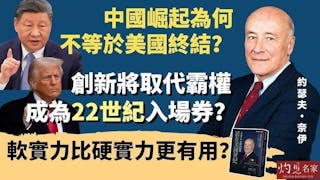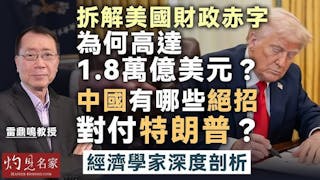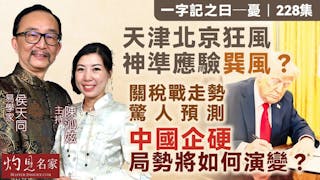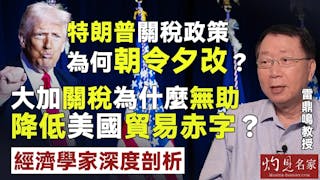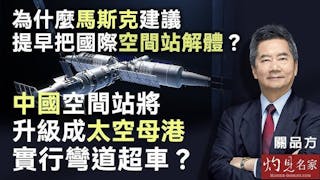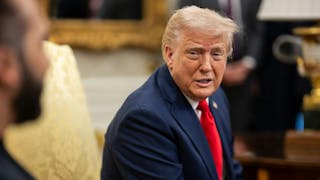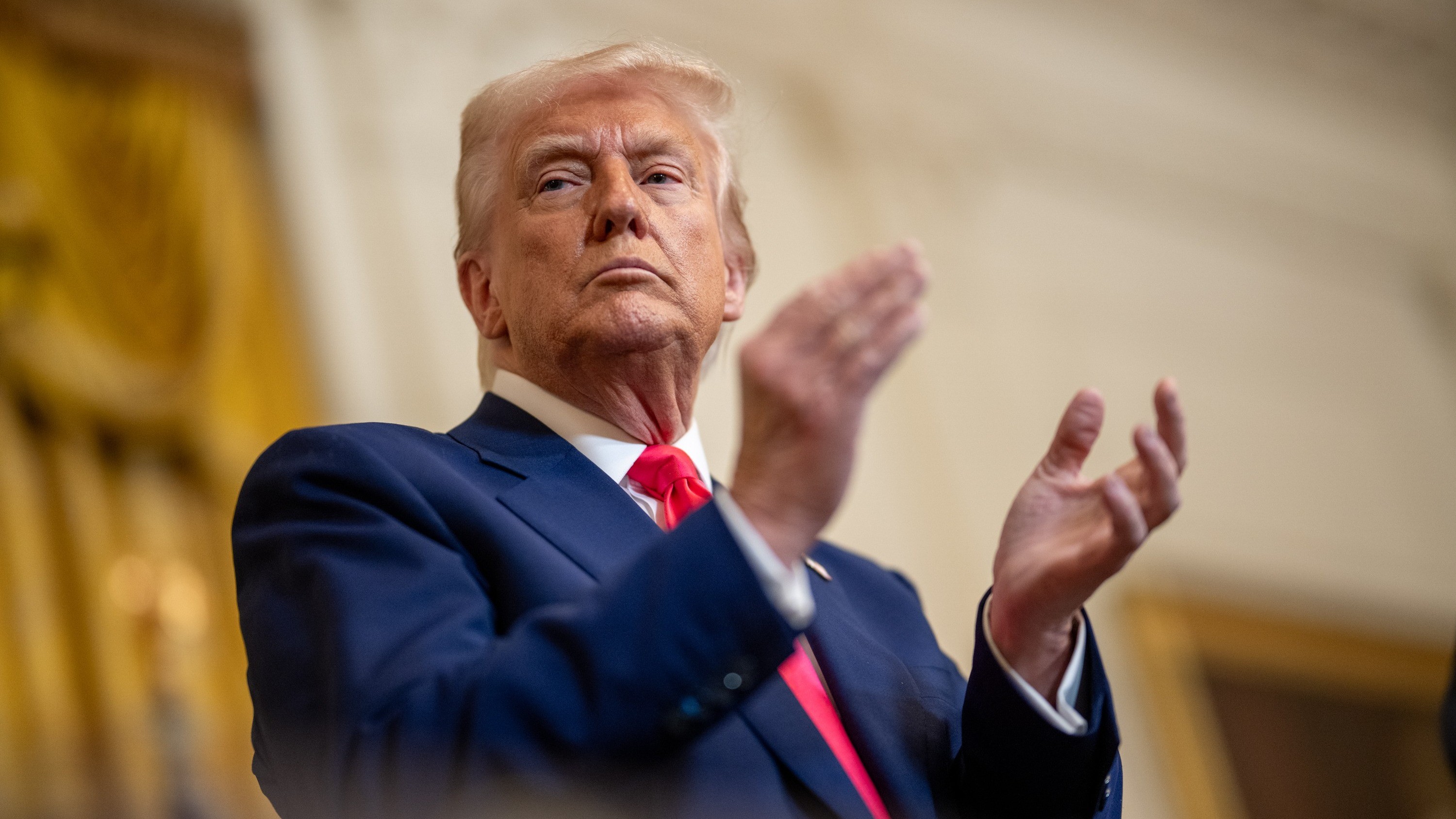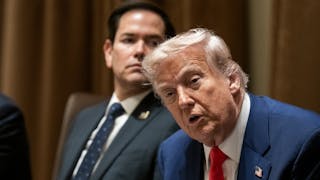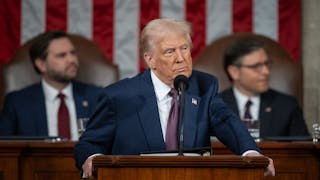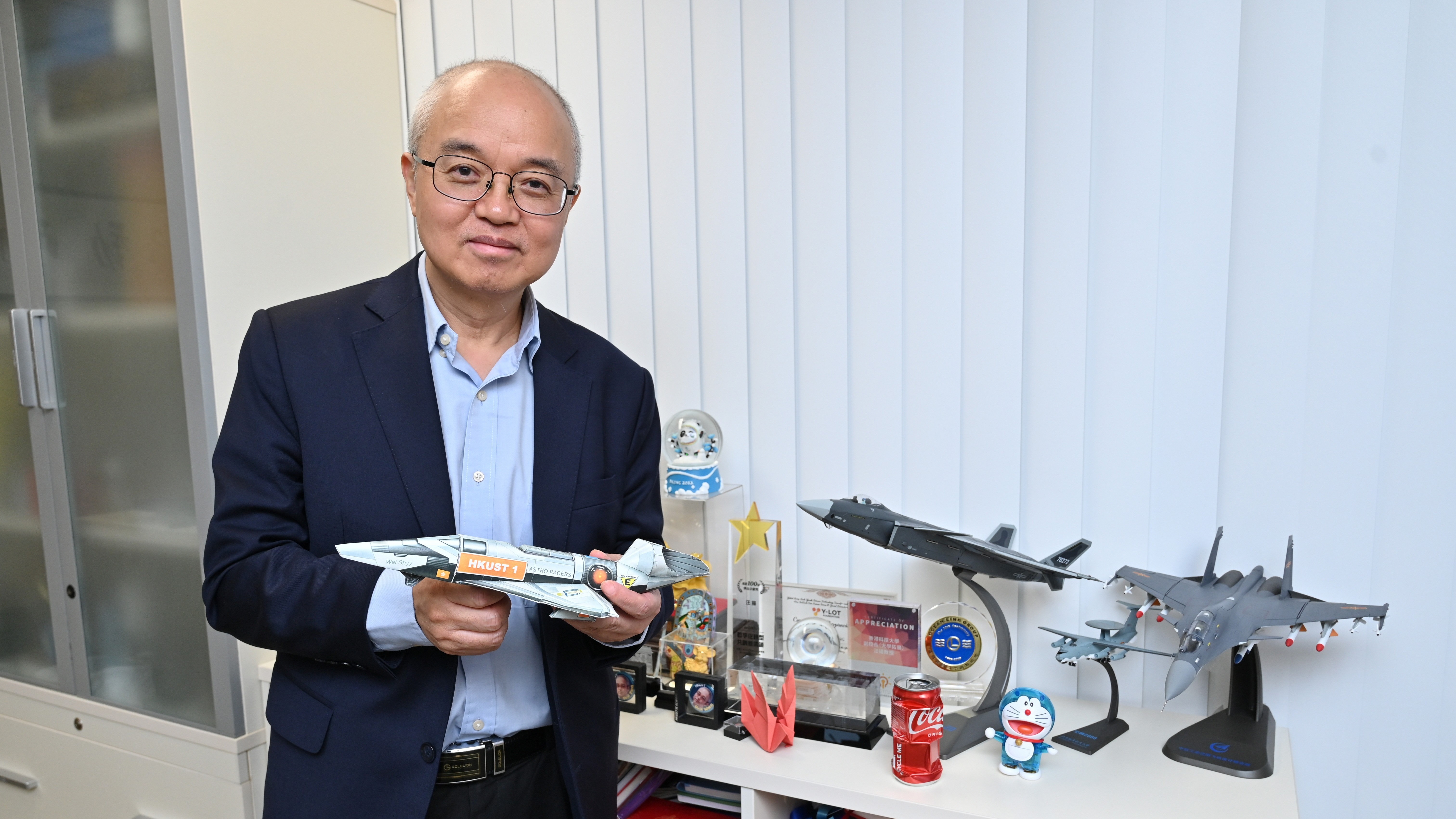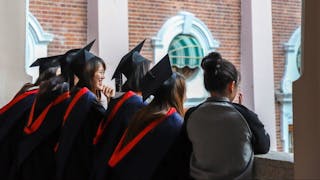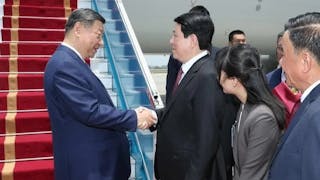最近,因為李霄鵬獲任命繼李鐵作為中國國家男子足球隊主教練,以及安達臣(Jorn Andersen)成為香港男子足球隊主教練,揭開了內地和香港新一輪足球改革的序幕。
國足教練辭職 控訴公眾苛責
2021年11月,李鐵帶領國家隊出戰世界盃決賽周外圍賽12強賽,6場賽事取得1勝2和3負,只得5分無法出線後,李鐵在隨後舉行的記者會上大吐苦水。12月初,中國足協便宣布,接受李鐵辭職,由李霄鵬出任國足主教練。
客觀地說,李鐵就針對他的大量批評和巨大壓力表達他的怨言,表示他和他的球員在準備比賽時,忍受了與家人長期分離。他抱怨說,球員回到國內要進行3周的隔離,然後回到球會。在國內要經歷長時間的封閉隔離見不到家人,然後結束隔離又是密集的聯賽。在國內與在國外跟其他國家隊比賽幾乎沒有分別,但公眾對國足的困難處境卻並不理解。
儘管李鐵的公開抱怨令中國足協感到尷尬,但他火力全開確實反映了公眾對國家男子足球隊遇到的困難缺乏同理心。內地的足球評論員對個別球員的表現和國家隊教練的策略通常非常苛刻。每當國家隊表現不佳時,內地足球評論圈中不時可以看到大肆批評的情況,通常這些批評都是責備個人的問題,而不是向中國足協提議應該如何改革足球事業的建設性解決方案。
足協干預過多 未求長治久安
2021年底,內地幾個主要球會,特別是廣州恒大,因為經營困難傳出解散的消息。過去10年裏,廣州恒大很成功,在亞洲比賽中提升了中國男子足球水準,並把榮耀帶給中國足球。廣州恒大最近改名為廣州隊,標誌着一個年代的結束。在這個年代裏,中國男子足球的發展,不僅由企業集團推動,亦是由金錢或巨額投資推動。
除了廣州恒大在中國球壇沒落外,還有一些球隊還面臨財政困難,例如江蘇蘇寧,反映了新冠疫情的曠日持久和財政困難,對中國足球發展的雙重影響。
一些帶領中國主要球會的外國教練指出中國足球的一些核心問題──如果中國渴望普遍改善其足球水準和國足的表現,則需要解決這些問題。
首先,他們指出,中國足協時常過度地作出行政干預。提前解約離開廣州隊的意大利籍主教練簡拿華路(Fabio Cannavaro,內地譯卡納瓦羅)於2021年10月指出,中國足協的一些行政干預措施減慢了中國足球的發展,例如為高身價的外援設定工資上限,以及為了讓23歲以下的年輕球員(簡稱U23)在中超或中甲比賽中獲得經驗,規定「一場比賽如果要用滿3個外援名額,就要匹配3個人次的U23球員」。他說,一些U23球員達不到應有的水準,同時應根據市場機制來釐定外援的薪酬。
中國足協的問題首先在於其干預政策對市場運作產生矛盾,儘管它很久以前已為招聘外援的內地球會設定了工資上限。此外,協會領導人傾向於期望U23國足能夠快出成果,然而,足球世界的成功沒有登龍捷徑,必須在早期階段開始穩固地建立整個制度、機構和政策。中國的足球發展一直在採用漸進式改變的做法,沒有在可識別的問題上尋求長治久安。
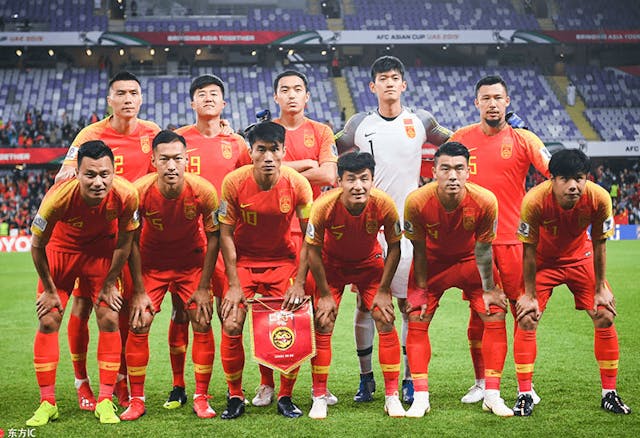
地方管理脫節 紀律過於寬鬆
內地足球發展的第二個問題是,雖然許多教練都到過德國等外國接受培訓,但在國家級的足球管理與省級和地方之間存在嚴重脫節。可以說,所有省份的足球現代化必須經歷激烈的改革,包括更好地管理從小學到中學、從大學到省級的足球比賽。儘管其他運動項目,例如乒乓球,顯示出在國家和省級管理水平之間表現出更嚴密的協調和聯繫,但令人驚訝的是,這種嚴密的組織性,在足球領域中卻無法見到。
第三個問題是,紀律嚴明,以及賦予年輕球員所有必須教育的青少年足球隊伍,在中國並不發達。理想情況下,年輕球員不僅需要接受足球訓練,也必須接受小學、中學和大學相等程度的教育,以便他們對足球及其他學科,例如從食物營養到科學,以及從心理到個人道德均須有所了解。
也許最近關閉一些過去依賴大筆資金發展起來的足球會,可能是糾正過去10年中國足球不正常增長的一次正面舉措。在新冠疫情持續肆虐的當下,這個過渡期可以是中國足協改革內地足球的時間,包括中國足協自身的管理和與省級足協在更廣泛的層面的協調,以及發展青年球員。
港青須加強自律 澳門宜研足球政策
與此同時,香港足球代表隊迎來了一位新的主教練安達臣。他在1月14日表示,他將改變港足以往保守的作風,要踢得更進取,包括亞洲盃外圍賽和東亞盃外圍賽。雖然他對港足的戰術問題的認知是一個漸進的過程,但香港足球總會也經歷了領導換屆,從而帶來了更多的改革和具教育意義的活動。
然而,年輕球員的自律性,仍然是港足U23的問題。港足U23早前到日本參加U23亞洲盃外圍賽,部分球員曾醉酒生事。鑑於一些香港青年性格非常自我,他們的自律和培訓,將是提升本地足球水準的關鍵。與內地的足球改革一樣,香港的足球改革將需要針對所有對足球感興趣的年輕球員和學生,進行一場更強而有力的教育活動。
在澳門,由於新冠疫情影響,澳門男子足球代表隊幾乎沒有機會獲得更多的國際經驗。 另一方面,澳門政府最近發表的經濟和社會發展第2個5年規劃(2021-2025年),尚未提及任何體育政策和發展──這可能表明澳門政府的政策優先事項在其他領域,如抗擊新冠疫情、發展博彩行業,以及發展澳門─橫琴合作區的證券交易所等。然而,我們希望澳門政府下一個的5年規劃應該真正重新研究目前在政府議程上缺席的體育政策。
可以這樣說,澳門足球總會應該採取主動,與內地和香港的同行討論,以組織一個新的大灣足球聯賽,以便令澳門足球的水準可以提升。至少,澳門本地的球員將有更多機會獲得更多的區域比賽經驗。
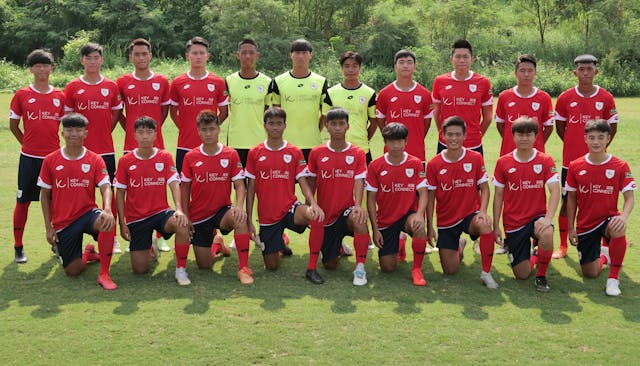
中華台北男足 比賽強度不足
中華台北男子足球隊總教練王家中,去年10月備戰亞洲盃資格賽附加賽前夕,令人驚訝地遭台北足協停權處分,因為其中部分中華台北球員在2021年10月與印尼隊比賽前飲酒。6名球員亦分別被停權或罰款 。王家中的位置由助理教練葉獻中暫代,但中華台北對印尼以1:2吞下敗績。在王家中被解僱前,他在11月表示,中華男足在國際上戰積不好的原因,就是因為在台灣的比賽強度不足,因此球員在面對國際賽時,跟不上比賽的強度與節奏。他也表示,若站在球員的角度,可能真的是「再努力也看不到未來」。
台灣的足球被批評存在管理問題。儘管《國民體育法部分條文修正草案》已於2017年在台灣立法院通過,但到2021年底,台北足協仍然沿用2016年的法規。如果是這樣,必須更有效地解決內部管理問題。
理想情況下,如果足球得以擺脫政治,中華台北隊如能參與新的大灣區足球聯賽,台灣的足球水準也可以通過參與更多的區域性比賽來提升。
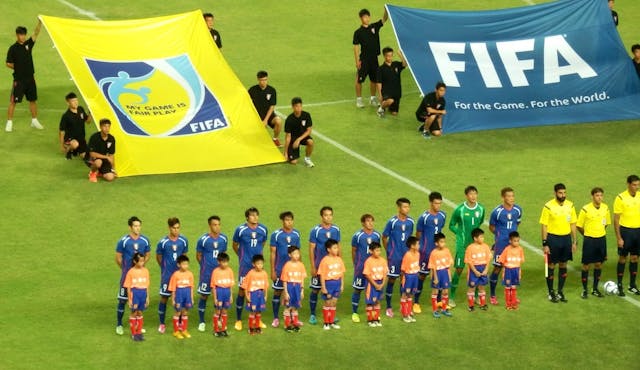
兩岸四地 合組足球聯盟?
2021年12月,廣東省政府公布了2021-2025規劃,提高全民的身體素質。據報道,大灣區的城市將吸引香港和澳門的體育協會參與廣東省的體育發展。如果是這樣,香港和澳門的足球總會應該把握這個黃金機會,與內地城市組成一個新的足球聯盟。如果台灣能夠理想地加入沒有政治影響的團隊,那麼在大中華區的四個地方──內地、香港、澳門和台灣的足球事業都會發展起來, 並肯定會受惠於多贏的局面。
總之,中國內地和香港的足球事業已經在迅速改革和變化。這些改革是進步的,特別是在內地,部分此前富裕的球會解散,可以說是「規範化」中國足球事業的發展。大筆資金投資和引進外援被視為兩大成功關鍵的日子已經一去不復返了。 然而,改革中國足球事業之路,仍然有一個本土解決方案,就是可以提升青年足球員的水準。同樣,香港的足球改革箭在弦上,而澳門可能正在等待與大灣區的更緊密合作,提升其足球水準。台灣則必須首先解決其內部管理問題,儘管它具有巨大的潛力,可以在區內和國際發展與競爭。 總體而言,在大中華區重新改革足球的前景,仍然謹慎樂觀和充滿希望。
Football Reforms in Mainland China, Hong Kong, Macau and Taiwan
The recent appointment of Li Xiaopeng to succeed Li Tie as the coach of China’s national men’s football team and the arrival of Jorn Anderson as the coach of the Hong Kong men’s football team have signalled the beginning of another stage of modernization of football in the two places.
The announcement of Li Xiaopeng to succeed Li Tie took place in early December 2021, when the Chinese national men’s football team did not perform well in World Cup qualifying matches. Li Tie vented his anger during a press conference after which he was replaced.
Objectively speaking, Li Tie voiced his grievances at the tremendous criticisms and pressure he had encountered, saying that he and his team members had endured long separation with family members in the preparation of the matches. He complained that there was almost no difference between playing at home in the mainland and competing with the hosts in hosting countries, implying the lack of public understanding of the predicament of the national football team.
Although Li’s open complaint was embarrassing to the Chinese Football Association, his comments did reflect the need for public sympathy with the difficulties that the Chinese national men’s football team encountered. Quite often, mainland football commentators were very harsh on the performance of individual players and the strategies of the national coaches. Whenever China did not perform well, fingers pointing could be seen easily in the mainland football commentary circle – a situation pointing to the problem of blaming individuals without offering constructive solutions on how the Chinese Football Association can and should reform the mainland football.
In late 2021, several premier clubs, notably Guangzhou Evergrande, had to be closed due to difficulties of their business operation. Evergrande, which was very successful in the past decade to elevate the standard of Chinese men football and brought glory to Chinese football in Asian competition, was affected by its business difficulties. It has been recently changed to become a Guangzhou team, signalling the end of the period during which the expansion of Chinese men football was driven by not only the business conglomerates but also its “gold money” or huge investment.
Apart from Evergrande’s downfall in Chinese football, some other teams also faced financial difficulties, such as Jiangsu Suning – a situation reflecting the combined impacts of persistent Covid-19 and financial difficulties on the development of Chinese football.
A few foreign coaches who led the Chinese premier football clubs pointed to some core problems of the Chinese football – problems that need to be addressed if China is eager to improve its football standard in general and the national team’s performance.
First and foremost, they pointed to the excessively but inappropriate interventionist nature of the Chinese Football Association. An Italian coach, Fabio Cannavaro, who left Guangzhou Evergrande for Italy, remarked in October 2021 that some requirements made by the Football Association were excessive, such as the cap on the wages of expensive foreign players and the need for clubs to send young players under 23 years’ old to gain experiences in a fixed period in a match. He said that some players under 23 years old were of substandard, and that foreign players’ wages were set in accordance with the market mechanism.
The problems of the Chinese Football Association are, firstly, its interventionist policy was contradictory to the market operation, unless it had long set a monetary ceiling for mainland football clubs to recruit foreign players long ago. Moreover, there was a tendency of the leaders of the Association to expect quick results for the U23 national team. However, there was no quick shortcut to success in the football world; the entire system, institution and policies must be established solidly at the early beginning. China’s football development has been adopting the practice of incremental changes without a long-term fix at the identifiable problems.
The second problem of the mainland football development is that, although many coaches have undergone training by foreign countries such as Germany, there was and is a serious disconnect between the management of football at the national level and that between the provincial and local levels. Arguably, the modernization of football at all the provinces must undergo a drastic reform, including better management of football competition from the primary to secondary schools, and from universities to provincial level. While other sports, such as table tennis, have shown a tighter coordination and connection between the national and provincial level of management, such tight organization surprisingly cannot be seen in the football sector.
The third problem is the underdevelopment of youth teams in China with strict discipline and the necessary education being imparted to all young players. Ideally, young players must not only be trained in football but also be educated at the primary, secondary and university levels simultaneously so that they are knowledgeable about the skills of football and other disciplines, ranging from food nutrition to science, and from psychology to personal ethics.
Perhaps the recent closure of some football clubs, which previously relied heavily on big money to develop, may be a positive development to correct the abnormal growth of China’s football in the past decade. During the current period in which Covid-19 persists, this transition period can be a time for the Chinese Football Association to reform the mainland football, including its own management and coordination with provincial-level associations and youth development, in a more far-sighted manner.
At the same time, the Hong Kong national men’s football team has witnessed the arrival of a new coach, Jorn Anderson, who said on January 14 that he would change the over-defensive tactics employed by the previous national team in the forthcoming matches, including the Asian Cup qualifying round and the East Asian Cup qualifying matches. While his identification of the tactical problem of the national team was a progressive phenomenon, the Hong Kong Football Association has also been undergoing a leadership renewal that brings about more reforms and educative activities.
Yet, self-discipline among young players remain an issue in the Hong Kong U23 team, some of whom have been recently penalized for drinking during a visit to Japan. Given that some Hong Kong youth are highly individualistic, their self-discipline and training will be necessary to elevate the standard of local football. As with the mainland’s football reform, Hong Kong’s football reform will require a more forceful educative campaign targeting at all young players and students interested in football.
In Macau, because of Covid-19, the Macau national men’s team has little opportunities to gain more international experiences. On the other hand, the Macau government’s most recently published 2021-2025 plan on economic and social development has not mentioned anything about sports policy and development – a gap that might show that the government’s policy priorities are in other areas, such as the preventive fight against Covid-19, the development of the gaming industry, and the development of the bond centre in Macau-Hengqin cooperative zone. However, it is hoped that the government’s next five-year plan should really redevelop its sports policy, which is currently absent in the governmental agenda.
Arguably, the Macau Football Association should perhaps take the initiative to discuss with the mainland and Hong Kong counterparts to organize a new Greater Bay Area Football League so that the standard of Macau football can be elevated. At least, there will be more chances for local Macau players to gain more regional experiences.
The former Taipei national men’s football team coach, Vom Ca-nhum was surprisingly fired by the Taipei National Football Association after an incident in which some Taipei players were found drinking before the Asian Cup qualifying match with Indonesia in October 2021. Six other players were fined. The assistant coach, Yeh Hsien-chung, replaced Vom, but Taipei was defeated by Indonesia 1-2. Before he was dismissed, Vom had said in November that Taiwan’s football development was hampered partly by the lack of intensity in local competition and partly by the lack of prospects on the part of young players.
Taiwan’s football had been criticized for having management problem. Although the national sports ordinance was passed by Taiwan’s Legislative Assembly as early as 2017, it was found that in late 2021 the Taiwan National Football Association still used the 2016 regulations for management. If so, internal management problems must be addressed more effectively and urgently.
Ideally, if football is detached from politics, and if Taiwan’s national team can be integrated into a new Greater Bay Area football league, Taiwan’s football standard can also be elevated by having more regional competition.
In December 2021, the Guangdong provincial government published its 2021-2025 plan to improve the physical capability of all its citizens. Cities in the Greater Bay Area are reportedly going to attract the sports associations of Hong Kong and Macau to participate in the sports development of Guangdong province. If so, the football associations of both Hong Kong and Macau should grasp this golden opportunity to form a new football league with the mainland cities. If Taiwan can ideally join as a team without political implications, then the development of football in all the four places in Greater China – mainland China, Hong Kong, Macau, and Taiwan – will surely benefit from a win-win situation.
In conclusion, football development in mainland China and Hong Kong has been undergoing rapid changes and reforms. These reforms are progressive, especially in China where the collapse of some formerly affluent football clubs has arguably “normalized” Chinese football development. Gone were the days in which big money investment and the import of foreign players were regarded as the double keys to success. However, the path to reform mainland Chinese football remains an indigenous solution that can elevate the standard of youth football. Similarly, Hong Kong’s football reforms are proceeding rapidly, while Macau is perhaps waiting for the closer cooperation with the Greater Bay Area in elevating its football standard. Taiwan must tackle its internal management first although it has tremendous potential to develop and compete regionally and internationally. Overall, the prospects of reforming football in the Greater China region remains cautiously optimistic and hopeful.
原刊於澳門新聞通訊社(MNA)網站,本社獲作者授權轉載。



